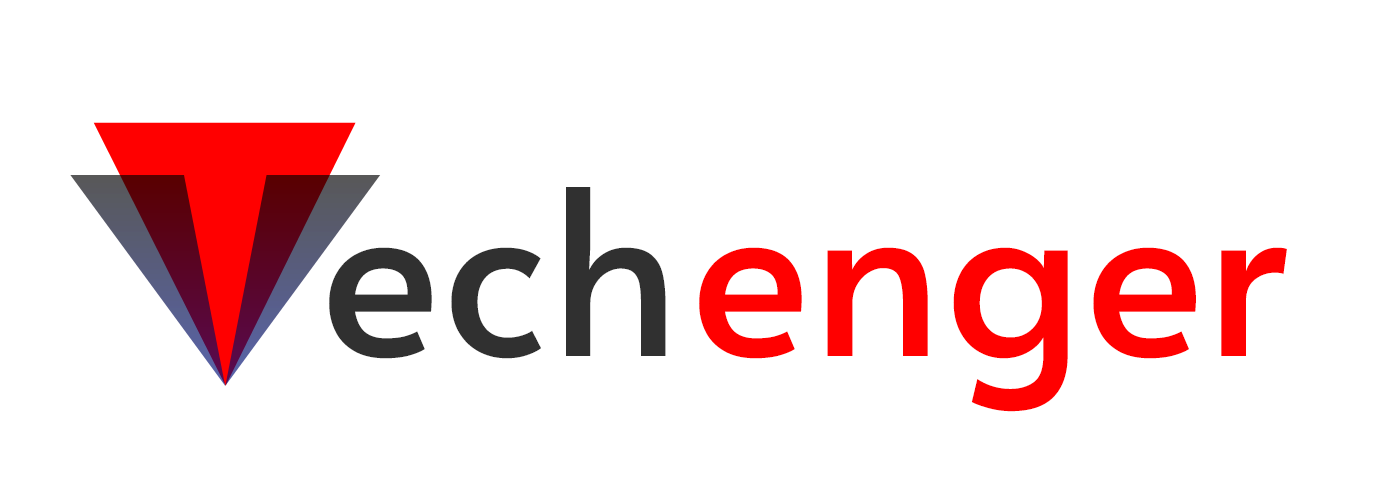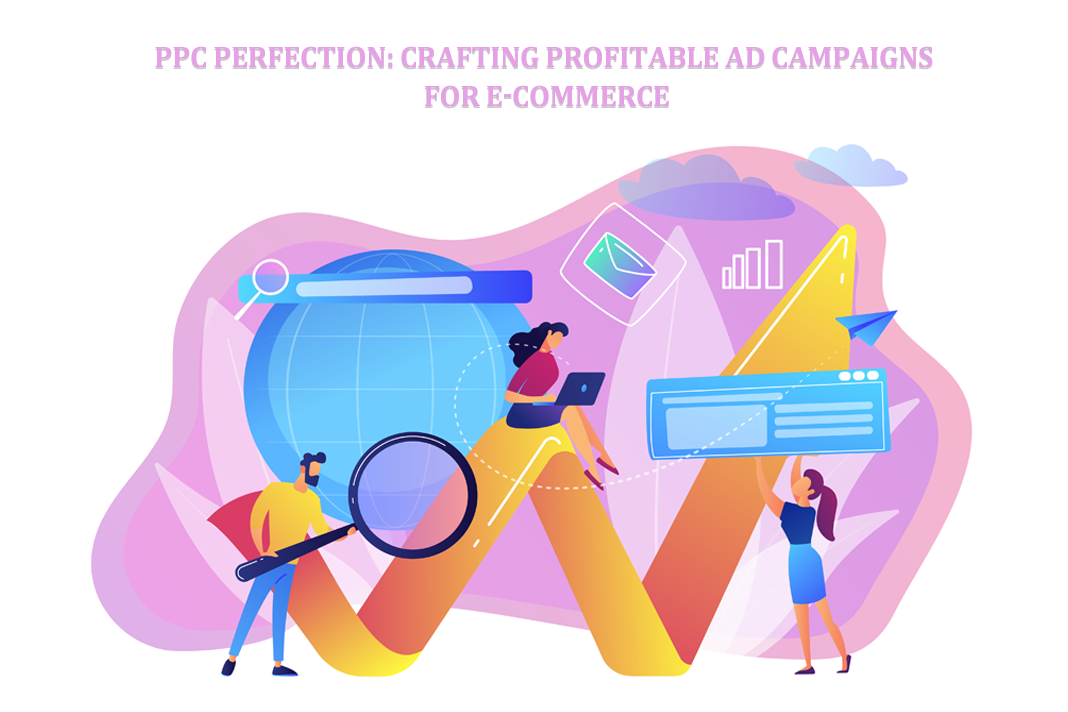Hi, savvy marketers and e-commerce enthusiasts!
Are you ready to transform clicks into cash? Explore the exciting universe of PPC advertising where your campaigns make magic happen.
In this journey, we’ll unravel the secrets to crafting irresistible ads that beckon your customers. Get hands-on with strategies that skyrocket sales, target the right crowd, and turn browsers into buyers.
It’s time to unleash the power of PPC and create thriving ad campaigns for your online store.
Join us and embark on a dynamic adventure to harness the full potential of e-commerce advertising!
Table of Contents
1) Clear Campaign Objectives
Clear campaign objectives involve setting specific goals such as increasing sales, acquiring more leads, or boosting brand awareness.
These goals should be measurable using key performance indicators (KPIs) like Return on Ad Spend (ROAS), Cost per Acquisition (CPA), Click-Through Rate (CTR), and Conversion Rate.
For instance, setting a goal to boost sales by 20% within a month using WooCommerce formula-based pricing or aiming for a 10% enhancement in the conversion rate are specific objectives with measurable KPIs.
Defining such objectives and associated KPIs helps track and evaluate the success of advertising efforts.
It enables businesses to gauge performance, make informed decisions, and allocate resources more effectively towards achieving the desired outcomes.
2) Thorough Keyword Research
Thorough keyword research means finding the words people use when searching online for things related to your business.
It involves looking for specific words or phrases that match what your customers might type into search engines.
The goal is to find keywords that balance being famous and not too competitive. Tools like Google Keyword Planner or similar tools help discover these words.
You want to use these keywords in your ads so that your ads appear when people search for them.
It’s finding the best words that match what your customers are looking for and helping your ads reach the right people when they’re searching online.
3) Create Compelling Ad Copies
Creating compelling ad copies means writing ads that catch people’s attention and interest them in what you offer.
It involves using persuasive words to describe your product or service in a way that makes it stand out.
Highlight the best features, promotions, or unique things about what you’re selling. Make sure to include a clear call-to-action (CTA), telling people what to do next, like “Shop Now” or “Learn More.”
Keeping the message simple and direct is essential, focusing on how your product or service can solve a problem or fulfil customer needs.
Compelling ad copy is like a short, persuasive message that convinces people to click on your ad and explore your offer.
4) Leverage Ad Targeting
Leveraging ad targeting means showing your ads to the right people at the right time. It involves choosing who gets to see your ads based on their interests, behaviors, or demographics.
For example, if you sell sports gear, you might target people interested in sports. Targeting can also focus on location, showing ads to people in specific cities or areas.
It’s like aiming your message directly at the audience most likely to be interested in your offer.
This helps reach potential customers who are more likely to buy your product or service, increasing the chances of getting clicks and conversions.
Effective ad targeting ensures that your ads are seen by those most likely to be interested in what you’re advertising.
5) Optimize Landing Pages
Optimizing landing pages means improving your website for visitors who click on your ads. It involves ensuring that when people click on your ad, they arrive at a webpage that matches what they’re looking for.
Ensure the page is easy to understand and navigate, with a clear message about your product or service. Have a prominent call-to-action (CTA) button that tells visitors what to do next, i.e., “Buy Now” or “Sign Up.”
Keeping the page load quickly and working well on mobile devices is essential. Optimized landing pages aim to provide a seamless experience, convincing visitors to take the desired action, whether purchasing or signing up.
This helps turn ad clicks into meaningful actions, boost conversions, and achieve your advertising goals.
6) Monitor and Test Continuously
Continuously monitoring and testing means keeping a close eye on how your ads are doing and trying different things to see what works best.
It involves regularly checking the performance of your ads to understand what’s working and what’s not.
Test different versions of your ads, like changing the wording or the images, to see which ones get more clicks or sales.
You can make changes to improve your ads and get better results by keeping an eye on these things. It’s like keeping track of a recipe, adjusting ingredients until it tastes right.
This continuous monitoring and testing help fine-tune your ads, ensuring they perform better over time and bring in more customers or sales.
7) Budget Management
Budget management means deciding how much money to spend on your ads and where to allocate that money. It involves planning and controlling your advertising expenses effectively.
Determine how much you can spend on advertising and distribute that budget across different ad campaigns or platforms.
Keep track of your spending and adjust budgets based on the performance of each campaign.
For instance, if one campaign is doing well, you might allocate more of your budget. Conversely, if another isn’t performing as expected, you might reduce its budget or stop it altogether.
Effective budget management ensures you’re using your advertising money wisely, focusing more on what brings better results while controlling expenses within your limits.
This helps maximize the impact of ads and achieve your goals efficiently.
8) Implement Conversion Tracking
Implementing conversion tracking means keeping tabs on what people do after clicking on your ads.
It involves setting up tools that track actions like purchases, sign-ups, or other things you want visitors to do on your website.
Installing these tools lets you understand which ads or keywords lead to these actions. It’s like having a tracker that tells you which roads people take after seeing your signposts.
This information helps measure the effectiveness of your ads, knowing what’s working and what needs improvement.
With conversion tracking, you can see which ads bring in more valuable actions, allowing you to focus more on what generates results and adjust campaigns to enhance performance, ultimately boosting your business outcomes.
9) Stay Updated and Adapt
Staying updated and adapting means keeping yourself informed about changes in trends, tools, or strategies related to advertising.
It involves staying aware of new things happening in the advertising world that could impact your campaigns.
For instance, if there are changes in how people search or use the internet, it’s essential to know and adjust your ads accordingly. Being updated helps you learn new advertising features or methods to improve your campaigns.
It’s like keeping your map updated to find the best route. Adapting means being flexible and ready to change your strategies to ensure your ads remain effective and reach the right audience.
By staying informed and adapting to changes, you can keep your advertising efforts relevant and thriving in a constantly evolving landscape.
Conclusion
Mastering PPC for e-commerce is your ticket to sustained success. Keep refining your strategies, testing, and adapting to changes in the digital landscape.
Remember, it’s about reaching the right audience, optimizing budgets, and maximizing conversions. Stay vigilant with tracking and analyzing data to fine-tune your campaigns continuously.
As you wrap up, know that PPC isn’t a one-time thing—it’s an evolving journey. Embrace the learnings, stay updated, and keep innovating.
Your commitment to crafting profitable ad campaigns will be the cornerstone of your e-commerce triumphs. Cheers to your ongoing PPC perfection!




